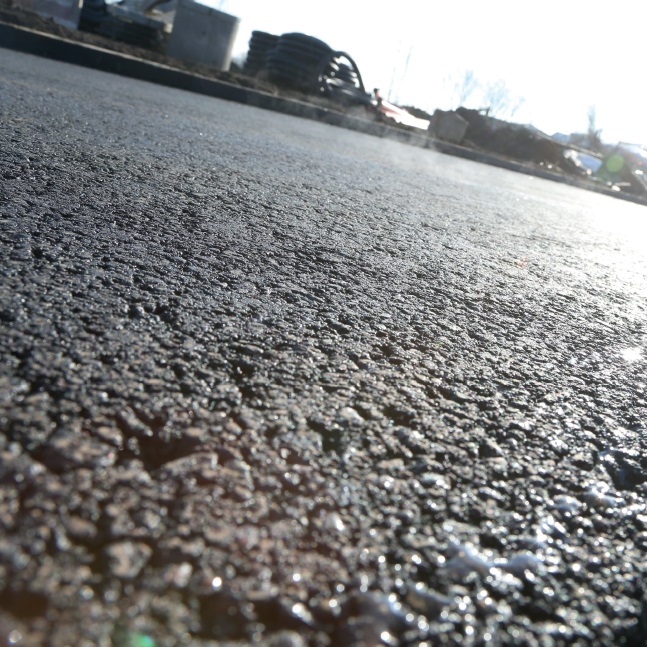ULTILOW
Warm mix asphalt for new link road
Millerhill, near Dalkeith, Midlothian

Client
City of Edinburgh Council and Midlothian Council
Contractor
Tarmac Contracting
Location type
Link Road
Completion
February 2015
The challenge
As part of a partnership project between City of Edinburgh Council and Midlothian Council to build a new waste treatment facility in the Millerhill area of Midlothian, a new link road was required to connect the site to the local road network. Given the high local profile and the sustainable nature of the project, the client was keen that the project met the highest possible standards of sustainability. The project was scheduled for early February, with low seasonal temperatures expected on site.
Our solution
After detailed consultation with the clients, ULTILOW warm mix asphalt was recommended as a base and binder course. ULTILOW is a range of low temperature asphalts, manufactured and supplied to comply with TRL Report PPR 666, within the ‘Warm Mix’ category. ULTILOW asphalts use proven technology to ensure that the material supplied performs as well as conventional hot asphalts, but with the added benefits of enhanced workability, improved sustainability and earlier reopening times to traffic.
Results and benefits
Around 600 tonnes of ULTILOW asphalt base and a further 180 tonnes of binder course was laid over a three day period. The lower energy required during production and smaller carbon footprint helped Midlothian Council to achieve a more sustainable outcome for this project. Their contracting team also commented that they found ULTILOW easy to work with, even in the low winter temperatures experienced during the project. It also helped minimise programme times to help reduce costs and deliver value for local people.
Additional info
Reduced programme time
Using a warm mix asphalt base/ binder course reduced cooling times between course.
Maintained workability in low temperatures
Despite the low February temperatures, the ULTILOW asphalt remained workable.
Improved sustainability
Smaller carbon footprint due to lower carbon dioxide emissions during production.
